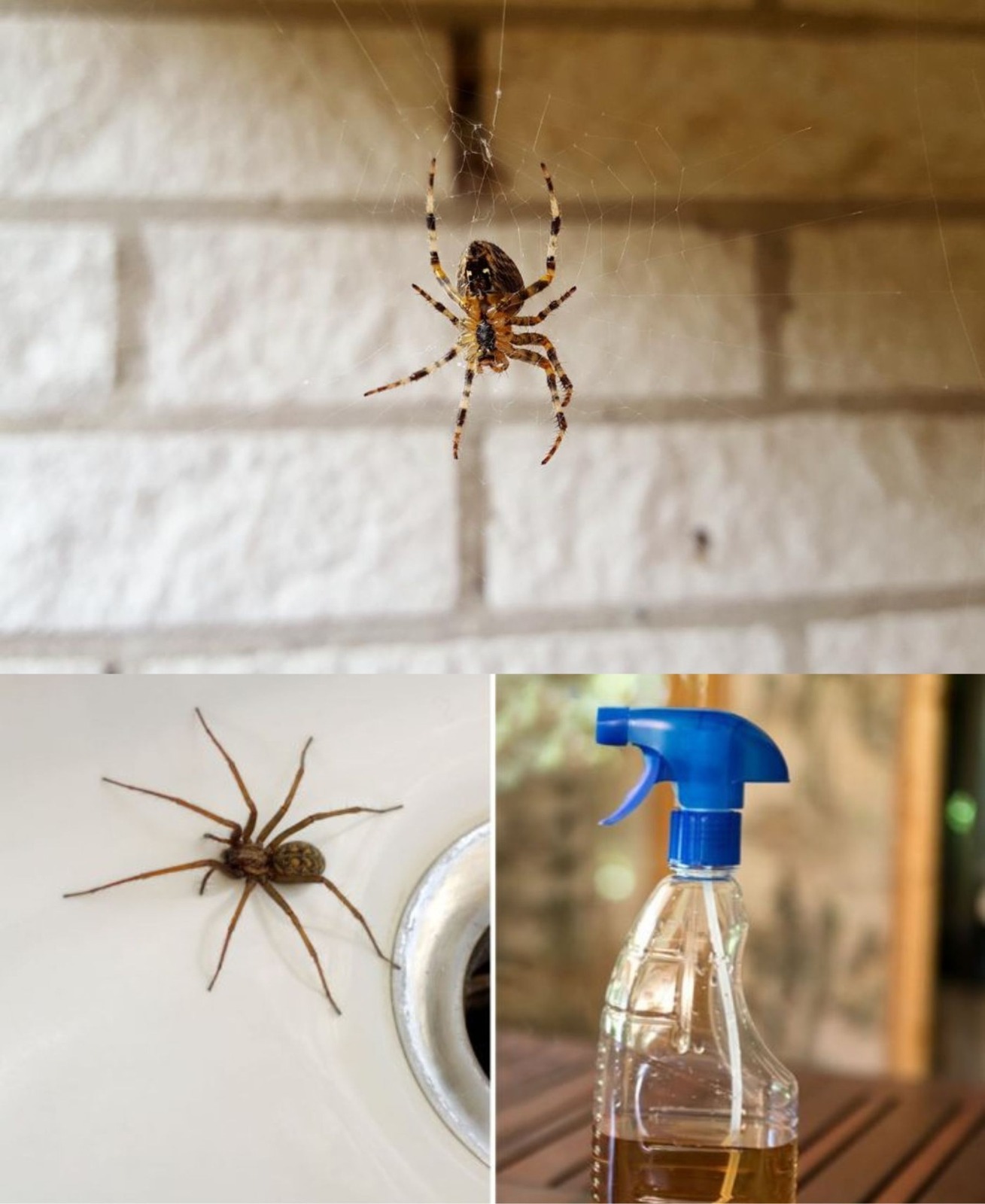During the fall, when it gets colder, spiders often come inside our houses looking for warmth and protection. Some people like having these creatures with eight legs around because they help control pests, but many others get scared when they see them. According to Christine Rollard, a spider specialist at the National Museum of Natural History in Paris, around 40% of French individuals feel scared when they see a spider. This fear has caused a common solution to emerge over time: using a vacuum cleaner to remove them.
However, this is where a lot of us are making a big error. When you use a vacuum cleaner to remove a spider, it may seem like a fast and simple solution, but it is not as efficient as you may believe. Actually, you might make things worse. Here’s why you should think about changing this approach, and what you can do to control spiders in your house.
Why It’s Not a Good Idea to Vacuum Up Spiders
At first look, the vacuum seems like the perfect way to get rid of a spider. You activate it, vacuum up the bug, and the issue is solved, correct? Sadly, this is not always true. Sucking up spiders with a vacuum cleaner may not always kill them. Even if they die, it doesn’t mean they won’t return or that the problem is completely solved.
Some spiders die in the vacuum because of the strong suction or suffocation from dust, but others can survive. In your vacuum cleaner, whether it has a bag or a canister, a spider can find a perfect place to live and grow. They can eat small bits of food or particles that are usually left after vacuuming. These small pieces of food help the spider stay alive even when it’s stuck inside the vacuum.
How Spiders Stay Alive
Spiders are very tough animals, even if they don’t have food. Kajsa Mellbrand, a scientist who studies spiders, says that a spider can stay alive for 200 days without food if it is healthy, using its stored energy. This means that when you vacuum them, they may not necessarily die, but instead, they might just go into a state of survival. Also, once the spider is inside the vacuum, it can get out by moving towards the light at the end of the hose. In just a few days or even hours, it could return to your house.
Continued on the next page
ADVERTISEMENT

